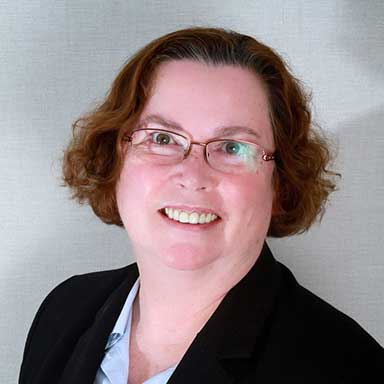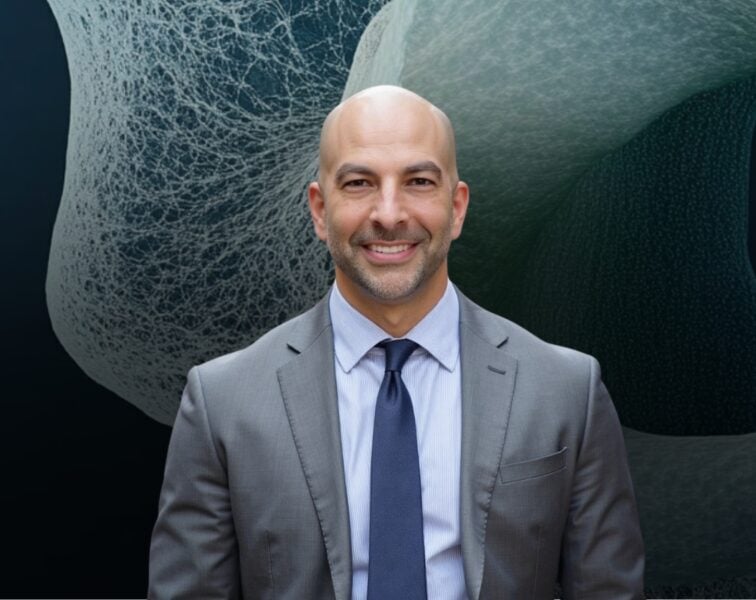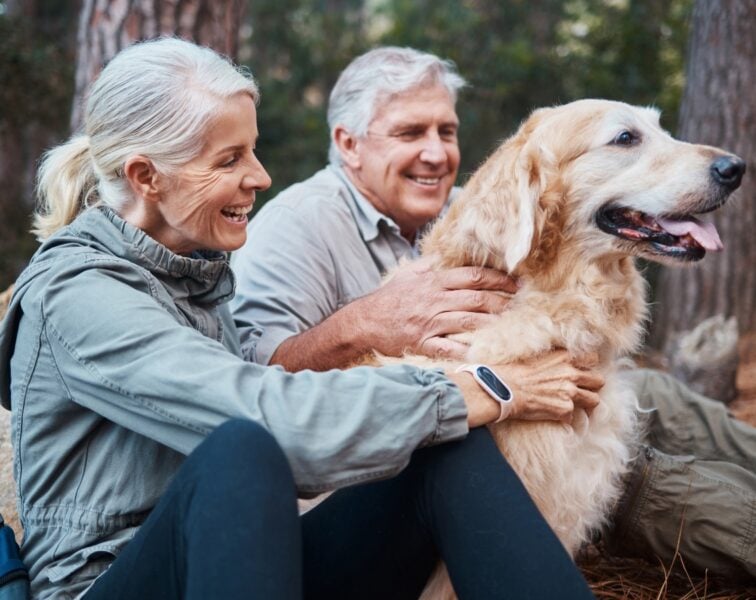In this episode, Eileen White, Chief Scientific Officer at the Rutgers Cancer Institute, describes the fundamental role of autophagy in the maintenance of health and prevention of neurodegeneration, cancer, and other diseases. She also goes into detail about the paradoxical finding that autophagy may benefit an existing cancer cell and help it to survive—a discovery leading to new possibilities in cancer therapy. We also discuss fasting (and molecules that induce autophagy) and the critical need to decode the proper fasting “dose” in order to improve human health.
Subscribe on: APPLE PODCASTS | RSS | GOOGLE | OVERCAST | STITCHER
We discuss:
- Eileen’s discovery that a specific oncogene blocks apoptosis [3:40];
- Defining apoptosis and its role in cancer prevention [10:00];
- How cancer cells use the autophagy pathway to survive [17:20];
- Stressors that induce autophagy [29:15];
- The importance of autophagy in the brain and liver [32:45];
- The mechanisms that can trigger autophagy to support longevity [40:00];
- Evidence for cancer treatment by blocking autophagy [42:30];
- Types of cancer that are most autophagy-dependent [46:45];
- The autophagy paradox [52:40];
- Finding a molecular signal for autophagy [59:15];
- Current knowledge gaps around fasting as a tool for longevity [1:13:00];
- Rapamycin, metformin, and other molecules that may induce autophagy [1:22:15];
- How to study fasting and exercise as longevity tools [1:32:50];
- The Nobel Prize for autophagic research [1:36:45];
- Eileen’s future areas of research [1:38:25];
- A fasting strategy for Alzheimer’s disease prevention[1:49:25];
- Future study of metabolism and autophagy [1:51:30]; and
- More.
Get Peter’s expertise in your inbox 100% free.
Sign up to receive An Introductory Guide to Longevity by Peter Attia, weekly longevity-focused articles, and new podcast announcements.
Eileen’s discovery that a certain oncogene worked by blocking apoptosis [3:40]
When she got interested in science?
- Eileen’s parents fostered her interested in scientific discovery
- Eileen got a PhD in biology
- She studied in the department led by Dr. Arnie Levine, who discovered p53
- She then went to Cold Spring Harbor Lab where she got a postdoc with Bruce Stillman
- There were two Nobel Prizes awarded while she was there
- She then went to Rutgers to be on the faculty
- Shortly after that, they hired a cancer center director, Bill Hait, and she and Bill helped to build what’s now the Rutgers Cancer Institute
So where in your journey did autophagy peak your curiosity?
- She was given an oncogene to study while a postdoc
- She found that this gene was a viral homolog of Bcl-2
- Bcl-2 is a human oncogene and it functions by blocking apoptosis (programmed cell death)
- So she figured out that one novel function of cancer is to evade cell death
- Then the pharmaceutical industry started developing inhibitors of Bcl-2 to promote apoptosis in cancer
- That was the “ultimate goal”… to make tumor cells die and have a drug that will do that
- Eileen’s lab is still involved with taking those drugs and putting them in patients and optimizing their use in solid tumors
Defining apoptosis and its role in cancer prevention [10:00]
How apoptosis works
- Family of proteins called the Bcl-2 family
- Some of the Bcl-2 like proteins (e.g., Bcl-xL) inhibit apoptosis so they keep tumor cells alive
- BH3 only proteins ⇒ antagonizers of Bcl-2 proteins and they are often activated to inhibit Bcl-2 to trigger apoptosis via the initiation Bax/Bak-dependent apoptosis
- BAX and Bak ⇒ the core apoptotic machinery that triggers apoptosis
- They reside in the mitochondrial membrane
- When they’re triggered to undergo apoptosis, they oligomerize and poke holes in the mitochondrial outer membrane and that releases proteins that activate proteases to grade the cell
- Bcl-xL, for example, and other inhibitors of apoptosis, are trying to antagonize this process
What goes wrong in a cell for it to go down the suicidal pathway?
-
- Mitochondrial damage can certainly trigger apoptosis
- But the best way to explain it is by using the example of p53
- What activates p53 to do that?
-
-
- That could be a long list of things from DNA damage, oxidative stress, and more
- In summary, something bad happens to an emerging cancer cell and then p53 gets activated and one of the tumor suppression functions of p53 is to turn on these promoters of apoptosis that antagonize Bcl-2
-
Mutations in p53 accounts for about half of all cancers
- Hotspot mutations in p53 that are very common in cancer
- p53 functions as a heterodimer
- What these mutant p53s do is that they end up entering into a dimer with wild type subunits and that interferes with the function of the complex
- It can be a loss of function of the p53 heterodimer
- But there’s evidence that it not only causes a loss of function, but it actually may do other things as well that are cancer-promoting
What happens post apoptosis?
{end of show notes preview}
Would you like access to extensive show notes and references for this podcast (and more)?
Check out this post to see an example of what the substantial show notes look like. Become a member today to get access.

Eileen White, Ph.D.
Dr. Eileen White, Ph.D. is the Chief Scientific Officer and Deputy Director for Basic Science at the Rutgers Cancer Institute of New Jersey, an NCI-designated Comprehensive Cancer Center. She is also a Distinguished Professor of Molecular Biology and Biochemistry at Rutgers University. Dr. White currently serves on the Board of Scientific Advisors for the National Cancer Institute.
Current research of the White Laboratory at the Rutgers Cancer Institute of New Jersey is focused on determining the role of the catabolic process of autophagy in protein and organelle homeostasis, and how this recycling of cellular components sustains cancer metabolism and tumorigenesis.
She is the recipient of numerous awards including a MERIT award from the National Cancer Institute, the Red Smith award from the Damon Runyon Cancer Research Foundation, a Howard Hughes Medical Institute Investigatorship, an Achievement Award from the International Cell Death Society, a Career Award for the European Cell Death Organization, and is an elected Fellow of the American Society of Microbiology (ASM) and the American Association for the Advancement of Science (AAAS).
She is currently on the External Advisory Boards of the Yale, Case, and MGH Comprehensive Cancer Centers and her Editorial Board memberships have included Genes & Development, Cancer Discovery, the Journal of Cell Biology, Oncogene, Cancer Prevention Research, Molecular Cancer Research, Autophagy and Cell Death and Disease. [vescortx.com]



